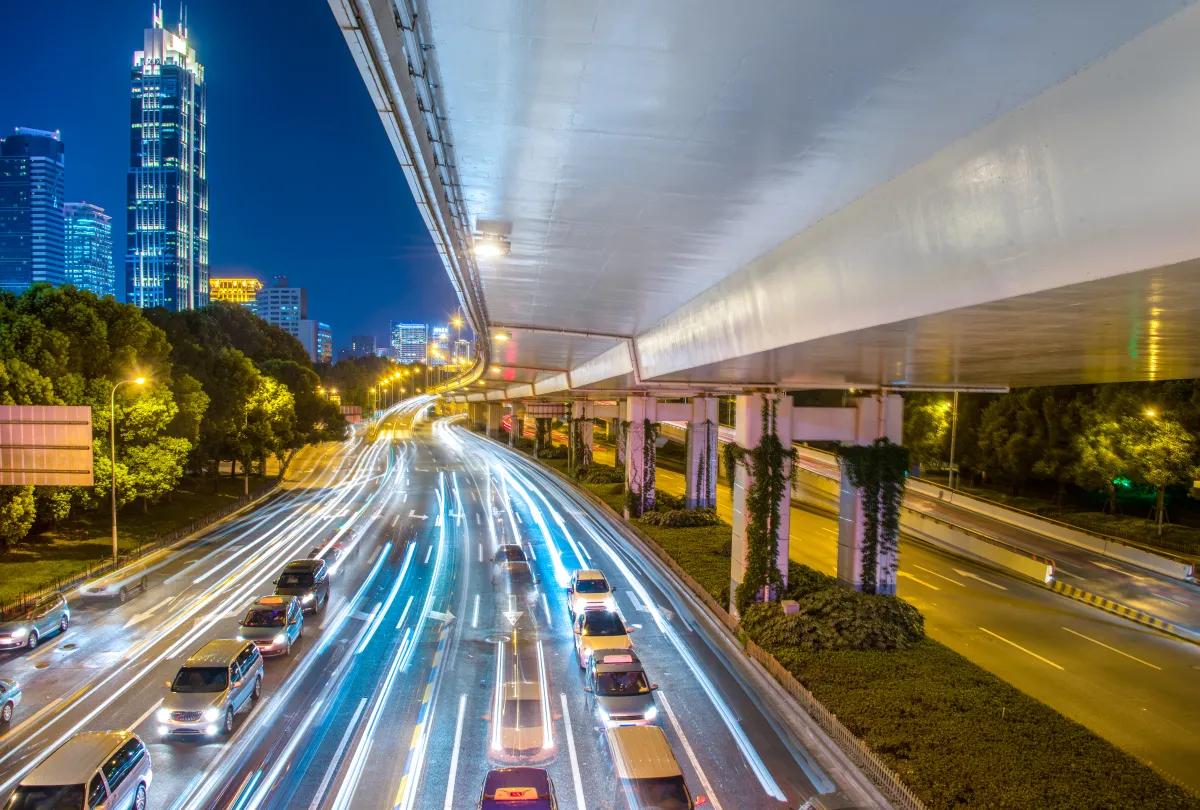Navigating the Future in Co-Designing Urban Transport
Urban traffic congestion and pollution pose significant challenges globally, exacerbated by increasing urbanisation. Malaysia, notably the Klang Valley and Kuala Lumpur, reflects this trend, adversely affecting demographics due to transportation issues. The government's initiatives, including an RM500m fund in 2019, have not fully addressed traffic congestion problems, as evidenced by the TomTom Traffic Index report for Kuala Lumpur. Poor transportation contributes to the loss of young adults from urban districts, fostering urban sprawl.
Given their long-term consequences, co-designing sustainable traffic solutions with affected young people is crucial. Involving young adults in the design process ensures sustainable solutions align with future generations' needs. The study employs a concept-mapping approach to identify practical proposals addressing traffic problems, providing policymakers with insights into improving current and future transportation systems for young adults in Malaysia. Cultural dimensions, such as Malaysia's high power distance score, emphasise the need for inclusive decision-making in urban development.
Addressing urban traffic challenges is imperative for climate change mitigation and sustainability. The concentration of people in cities necessitates sustainable transportation systems, emphasising the need for large-scale movement options beyond fossil fuel use. While urban planning often follows a conventional model of suburbs for living and the city centre for work, limiting suburban sprawl is challenging due to land values and existing usage pressures. The emergence of intelligent transportation systems offers potential solutions with two approaches: incremental progress, focusing on multimodal mass transit development, and the 'magic bullet' approach, relying on revolutionary technologies.
Overcoming challenges requires considering people, vehicles, and infrastructure interactions. Government initiatives often use a top-down approach, but the bottom-up approach involving local communities is gaining popularity for its potential to produce more effective, sustainable, and equitable outcomes. However, there are feasibility and realism challenges due to complexities in governance.
This study by Sunway University's Dr Stephen Thomas Homer and colleagues employs concept mapping, grounded in grounded theory, using a co-designing approach to explore solutions for Malaysian urban traffic issues. The five-stage process involves participant brainstorming, sorting and rating statements, multi-dimensional scaling, hierarchical cluster analysis, and cluster labelling. The study includes 23 young adults, emphasising the importance of a homogeneous sample. Participants generate 91 statements, leading to a robust six-cluster solution: Legislation, Infrastructure, Public Transport, Culture & Practices, Education, and Policies. The clusters are identified through a consensus process, and each statement is evaluated for Importance, Feasibility, and Improvement in Traffic Flow. The study provides detailed insights into participants' perspectives on sustainable traffic solutions.
This study's six clusters of statements reveal tactical and macro policy themes that align with prior research. Consistent ratings across these themes offer empirically-based recommendations for policymakers. Young Malaysian adults desire to enhance public transport utilisation by extending routes, providing real-time information, and offering alternative travel options during system issues. They also emphasise the importance of upgrading pedestrian facilities to encourage non-motorized transport, particularly for new families, curbing urban sprawl.
Improved road traffic flows are achievable through enhanced regulation enforcement and toll system upgrades. Infrastructure enhancements entrusted to qualified decision-makers require transparent appointments, ensuring community involvement in planning. These feasible proposals present a cohesive set for implementation, suggesting ease of adoption by policymakers.
To conclude, this study unveils practical solutions for urban traffic challenges. The solutions are made unique by the fact that young adults suggested them. The six identified clusters offer empirically-based recommendations, emphasising public transport enhancements, infrastructure upgrades, and inclusive decision-making for sustainable and impactful urban transportation policies. These insights provide a valuable foundation for policymakers aiming to address and improve Malaysia's urban traffic landscape.
Dr Stephen Thomas Homer
Sunway Business School
Email: @email
This article has been adapted from the original story found in Stephen Thomas Homer, Elizaveta Berezina, Sabine-Salima Chaouche & Colin Mathew Hugues D. Gill (2024), Co-designing urban transport solutions with Southeast Asian young adults, DOI: https://doi.org/10.1080/03081060.2023.2279301




